In her collection of stories, Everything That Rises Must Converge, Flannery O’Connor described a character with these words:
“She was a good Christian woman with a large respect for religion, though she did not, of course, believe any of it was true.”
The first time reading this I laughed out loud, but with further thought it sparked a question. What is the benefit of being religious if you don’t believe the religion is true? Or a more extended way of asking it might be: Why would a person participate in the rituals, customs, practices or ceremonies of a religious tradition if they reject the fundamental beliefs of that religion?
This week I read an article titled, Belonging without Believing: ‘Cultural Religion’ in Secular Sweden. A 2023 Gallup International survey found that Sweden was the country with the highest percentage of citizens that stated they do not believe in God. Less than a quarter of Sweden’s population believe in God, yet almost two-thirds of its population are members of the Evangelical Lutheran Church of Sweden. Part of the reason for this is until recently, Swedes automatically became members at birth. But this doesn’t explain it entirely.
In 2000 the separation between the State and the Church of Sweden was carried out. Now twenty-five years after the country’s official secularization, half of all Swedish newborns are still baptized in the church and three out of every four funerals take place within the church. While most Swedes view their country as a poster child for secularism, on St. Lucia’s Day (December 13th), Swedes across the country gather to sing religious hymns and wear wreaths of candles on their heads to commemorate the Light of Christ.
American sociologist Nicholas Demerath explains this in terms of a nostalgic fondness for a distant shared memory of their past. In other words, there is cultural meaning and significance to the observance of some religious rituals, even among those without a belief in God.
In my article, The New Non-Religious Revolution and Politics, I discuss the increasingly secularization of the US, which has partly fueled the fanatical resurgence of Christian Nationalism, which I address in the article, The Christian Nationalism Problem. The term “culture war” is alive more than ever in America with the escalating exit from organized religion with each successive generation, and the proliferation of different belief-systems, fueled by an increasingly multi-cultural society.
A common political strategy is to hijack religion for political ends. With respect to Christianity, Constantine created the playbook. Following his convenient Christian conversion after his victory at the Battle of the Milvian Bridge in 312, Emperor Constantine legalized Christianity under the Edict of Milan, hastening the Church’s transformation from a humble bottom-up revolution to an authoritarian top-down empire. Summoned by Constantine, the Council of Nicaea in 325, a council, hammered out it’s own Project 2025 to serve as a stable glue for his sprawling empire.
It’s predictable for election-year politicians to leverage religion and argue that a citizens rights, privileges and liberties are inseparably founded upon a particular religious allegiance. A common claim in the US is that we are fundamentally a “Christian nation”. It only follows that it is politically useful to instill fear in people that their liberties are under seize because their political opponent isn’t Christian… or Christian enough. Seneca wrote, “Religion is regarded by the common people as true, by the wise as false, and by the rulers as useful.”
The fact that religion plays into virtually every aspect of one’s culture is without question. This is a subject of exploration in the anthropology of religion. In my series, The Evolution of Religion, I breakdown the significant role of religion in the evolution of our species.
From an anthropological point of view, religion is defined as a set of beliefs and behaviors to enhance survival chances. Religion formation requires imagination and existential pressure. The additional requirement is called “ontogenetic ritualization”, which involves religious participants mutually shaping each other’s behavior during the course of repeated interactions to achieve ritualization. Religion is a cultural system of symbols, which establish powerful, pervasive, and long-lasting moods and motivations and naturalized conceptions of a general order of existence.
As a survival tool, religion provided two significant benefits to our earliest human ancestors:
Supernatural beliefs as answers and explanations to questions and concerns of existential significance, in the absence of knowledge and understanding prior to the birth of modern science. What this provided was a strong psychological immune system to support the necessary mood and motivation to face the rigors of surviving and thriving.
Religious rites and practices to reinforce and strengthen in-group cohesion and solidarity. This assured the only realistic chance of surviving as a species - cooperation, mutual aid, and coalition.
One could argue that this religious imagination and behavior prevented our species from becoming one of the 99% of species that didn’t survive.
The character in Flannery O’Connor’s story and non-religious Swedish citizens seemed to have abandoned religion is the first instance (supernatural beliefs), but have held onto it in the second form - religious rites and practices or ceremonial religion. This wouldn’t be a new idea to you. I’m sure you’re quite aware, for example, of “cultural Christians”, sometimes referred to as “nominal Christians” or “Sunday Christians”.
In a recent article, The Case For (and Against) Cultural Christianity, I was critical of Richard Dawkins for his recent endorsement of cultural Christianity. I can’t quite square Dawkin’s vehement opposition to Christianity, which he expresses in books such as The God Delusion, and his sudden newfound love for cultural Christianity.
According to several things Dawkins has said, he seems to hold the idea that Christianity is noteworthy as the best available religion option for buttressing Western values. This is the point Michael F. Bird makes in his essay, Western Civilization is Christianity All the Way Down.
Even if I agree (which I don’t) that Western values are dependent upon Christianity, shouldn’t Dawkins (as an atheist) be working toward offering a post-Christian framework that instills morality, human rights and a free, flourishing, democratic society? On the one hand, atheists insist that you can be “good without God”, but then Dawkins seems to imply that we need cultural Christianity after all to keep good afloat. Which is it???
Dawkins recently said:
“I do think that we are culturally a Christian country, and I call myself a Cultural Christian… I love Hymns and Christmas Carols and I sort of feel at home in the Christian ethos… I count myself a Cultural Christian.”
There’s that nostalgic fondness again, mentioned earlier among the Swedes. I don’t want to rain on Dawkin’s affirmation parade of cultural Christianity, but as a brief reminder the Christian religion throughout history has rationalized the:
persecution of heretics
oppression of women
practice of religious intolerance
divine right of kings against democratic freedoms
institution of slavery
victimization of homosexuals
cruelty to animals
the suppression of civil rights
white supremacy
racism
genocide
objectification of unbelievers
opposition to scientific progress
the burning of witches
violence and war
state’s enforcement of the Christian religion on the whole of society
It’s not my intent to characterize all of Christianity in a negative light. Of course, there are countless Christian people who are good, loving, virtuous, and courageous human beings. Likewise, there are many different ways to be Christian or practice Christianity other than the fundamentalist or far-right variety. But given what has transpired in this election year in the US in which cultural Christianity has been leveraged to spread Christian Nationalism, maybe we should put the brakes on our carte blanch fondness of cultural Christianity.
Not Wanting to Be a Cultural Christian
Even as someone who left traditional Christianity over 25 years ago, I recently attended a church service and almost didn’t make it through its entirety. I felt no fondness for the hymns because I was too irritated by the theology they presented, a theology that has been deeply harmful to countless people I have counseled over the years.
Lyrics in iconic Christian hymns include: “onward Christian soldiers”, “washed in the blood”, “a wretch like me”, “none of self and all of Thee”, “He let the angry powers of Hell Assault my soul in every part”, “Thou, God, art a consuming fire.” Or how about these sweet lyrics:
Standing outside while loved ones, enter the pearly gate, Knowing that there forever, you will then separate
To be away from loved ones and by our God denied,, Oh! what an awful picture, standing outside!
I’m sorry, but these and countless other fear-based, violent, shaming, co-dependent and disturbing Christian hymns, do not engender fondness in me. I previously discussed this in a podcast on the subject, What’s wrong with Christian music?
At the church service I attended, neither did I feel especially compelled by the “community” aspect of the congregation, knowing it was based upon a assumed agreement on religious beliefs. One of the most hurtful aspects of the leaving religion process for many people is how quickly your church “family” can turn on you if you question or change beliefs.
Had I invited an atheist or Muslim friend to attend this service with me, I would have advised them not to be too forthcoming about their beliefs. A hallmark of many religious communities is their lack of inclusivity. Speaking of hymns, the lyrics “trust and obey, for there’s no other way” is the condition upon which one is accepted in the church. Just ask the LGBTQ+ community about the inclusivity of the traditional Christian church. Of course there are exceptions. The Unitarian Universalist Church and United Church of Christ, for example, are inclusive and diverse.
I’m not trying to say all churches, church services, and Christian hymns are without value. I know there are people who find these meaningful. My point is that “cultural Christianity” doesn’t necessarily have all the upside for everyone that Dawkins or the Swedes seem so fond of. Harmful religious training may be one of the great unrecognized causes of mental and physical illness in our culture. For many people who leave the Christian religion, they have no desire to be Christian, even culturally. I discuss this at length in my article, Should you go to church on Easter?
Despite Flannery O’Connor’s character, the Swedes, and Richard Dawkins, I decided to summon comedian Jeff Foxworthy to help me point out why some people are not up for cultural Christianity. Among other things, Foxworthy is known as a comedian for his “You might be a redneck” one-liners. A few years ago I had lunch with Jeff Foxworthy. He left his childhood Christian tradition, and is a spiritual but not religious person. He jokingly told me that whenever he drives by the church he left, he sticks his hand out the window with a middle finger.
So here’s my Foxworthy-ish list: “You Might Not Be Up For Cultural Christianity”, for those who were hurt by and left their Christianity.
You Might Not Be Up For Cultural Christianity if…
You were indoctrinated into a shame-based view of yourself that you are born into this world separated and estranged from God with a sin condition, which makes you repulsively bad, unworthy of God’s acceptance, and deserving of eternal conscious torment in Hell.
The demands and expectations of your church required you to deny your individuality, hide your mental health struggles, put on a happy face, not question anything, sacrifice self-care, and faithfully conform.
You were taught as a woman that you are to blame for the fall of the human race, inferior and subservient to men, required to be submissive, accommodating and domestic, expected to stay in demeaning, damaging, destructive, or abusive relationships as an act of devotion to God, and deny and repress yourself in order to serve and satisfy others.
You were a victim of emotional, spiritual, or sexual abuse by a clergyman or church leader.
You learned that God rejects you because of your sexual orientation and you were traumatized by subjecting yourself to conversion therapy.
You are one of the 1 in 3 Americans who have experienced religious trauma or suffering from Religious Trauma Syndrome.
Your former Christianity left you with significant human development deficits such as: underdeveloped critical thinking skills; lack of learning in significant fields of knowledge; disempowering self-relationship; and unhealthy relationship models.
You suffer from depression and anxiety as a result of long-term involvement in a high-control religious environment, which had a detrimental impact on your mental, emotional, psychological well-being and health.
Upon leaving your religious background or church community, you were rejected, condemned, vilified, shunned and slandered by friends and family members.
I’ll stop there.
By the way, if you were damaged by your involvement in religion, here are a few resources you might find useful.
Previous articles I have published on the subject:
Useful Religious Deconstruction Books:
Leaving the Fold: A Guide for Former Fundamentalists and Others Leaving Their Religion by Marlene Winell
When Religion Hurts You: Healing from Religious Trauma and the Impact of High-Control Religion by Laura Anderson
No Nonsense Spirituality: All the Tools No Belief Required by Brittney Hartley
God After Deconstruction by Thomas Jay Oord
If Not Cultural Christianity, Then What?
Religion is inseparably tied to culture. This is worth remembering when it comes to the idea of religious deconstruction. Individual religious deconstruction and cultural/societal religious deconstruction share many similarities:
Questioning long-held beliefs and practices
Breaking ties with religious tradition
Post-religion volatility
Belief, worldview, spirituality, lifestyle reconstruction
You might say that the volatility of our current American culture is partly a result of the above dynamics playing out in terms of:
a significant exodus from religion and increasing secularization of American society
fear and backlash against this shift, fueled by election year politics
fledging reconstruction efforts to cultivate post-religion identity, cultural stability and existential health
It’s hard to say how useful or harmful it is to keep cultural Christianity afloat. In recent months I have written quite a bit about Christians and Atheists no longer seeing each other as enemies but allies. A few of those articles are:
What Christians Can Learn from Atheists
With all this in mind, I offer five beliefs to change our global discourse, sentiments, and actions about the power of religious, spiritual, and philosophical diversity for good.
Every person can fully embrace and follow their religious tradition, spiritual interests, or philosophical views without creating division, destruction, hostility, or hatred.
Every person can find a rationale and motivation within their religious tradition, spiritual interests, or philosophical views to be an instrument of goodness, peace, love, and compassion in the world, and affirm the inherent, equal, and unconditional worth of every human being.
Every person has the right to follow their own inner guidance in choosing their own religious, spiritual, or philosophical views and practices.
Every person can participate in a process of personal growth, self-actualization, and fulfillment of one’s highest beliefs and aspirations, and encourage the same for others.
Every person benefits when each of us follows our own unique inspiration for building a world that works for everyone.
In Summary
One of my favorite writers is Flannery O’Connor, who died early at 39 from Lupus.
A common political strategy is to hijack religion for political ends, whether it’s Constantine or Trump.
Richard Dawkins typically lambasts Christianity, but now is oddly quite fond of its cultural benefits.
Not everyone is up for keeping cultural Christian afloat, including those who have been victimized by religion.
Diversity of beliefs doesn’t have to be the source of division, animosity and hatred.
Thank you for subscribing to my Substack! Your support makes this publication possible. If you find what I write and share meaningful, consider becoming a paid subscriber and recommending this newsletter to others. Thank you :)
“She could never be a saint, but she thought she could be a martyr if they killed her quick.” - Flannery O’Connor




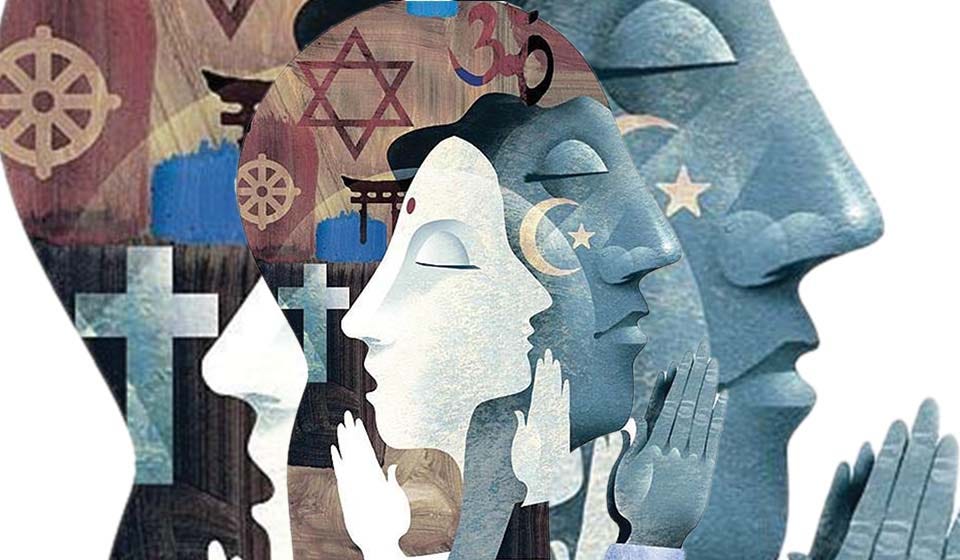
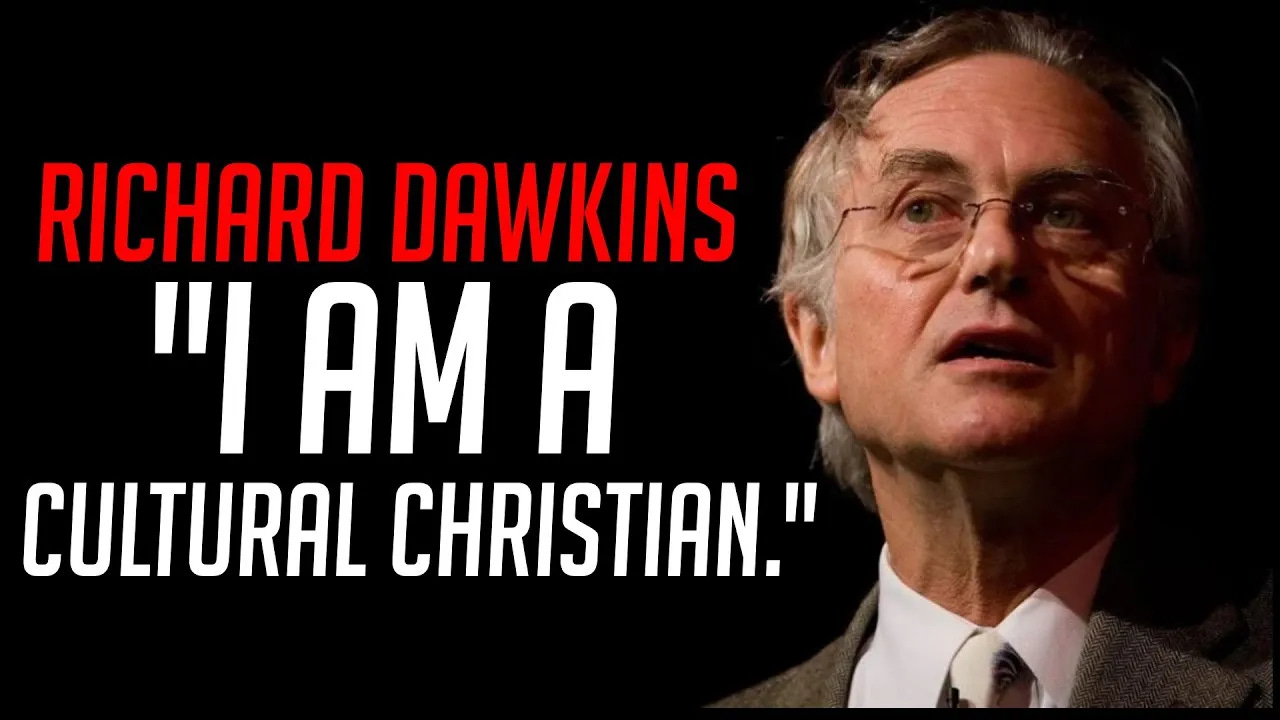
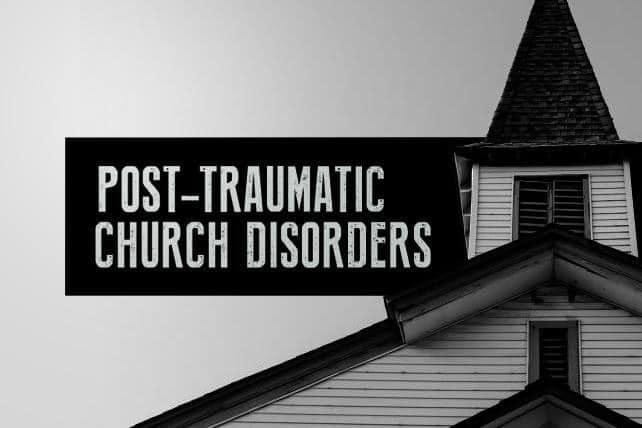

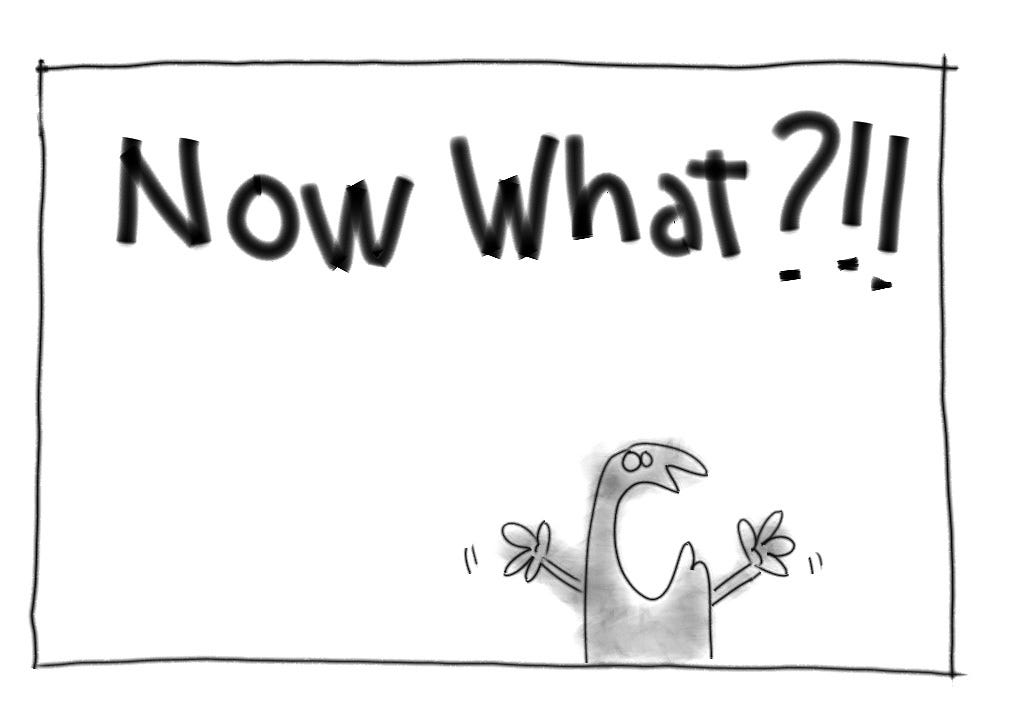
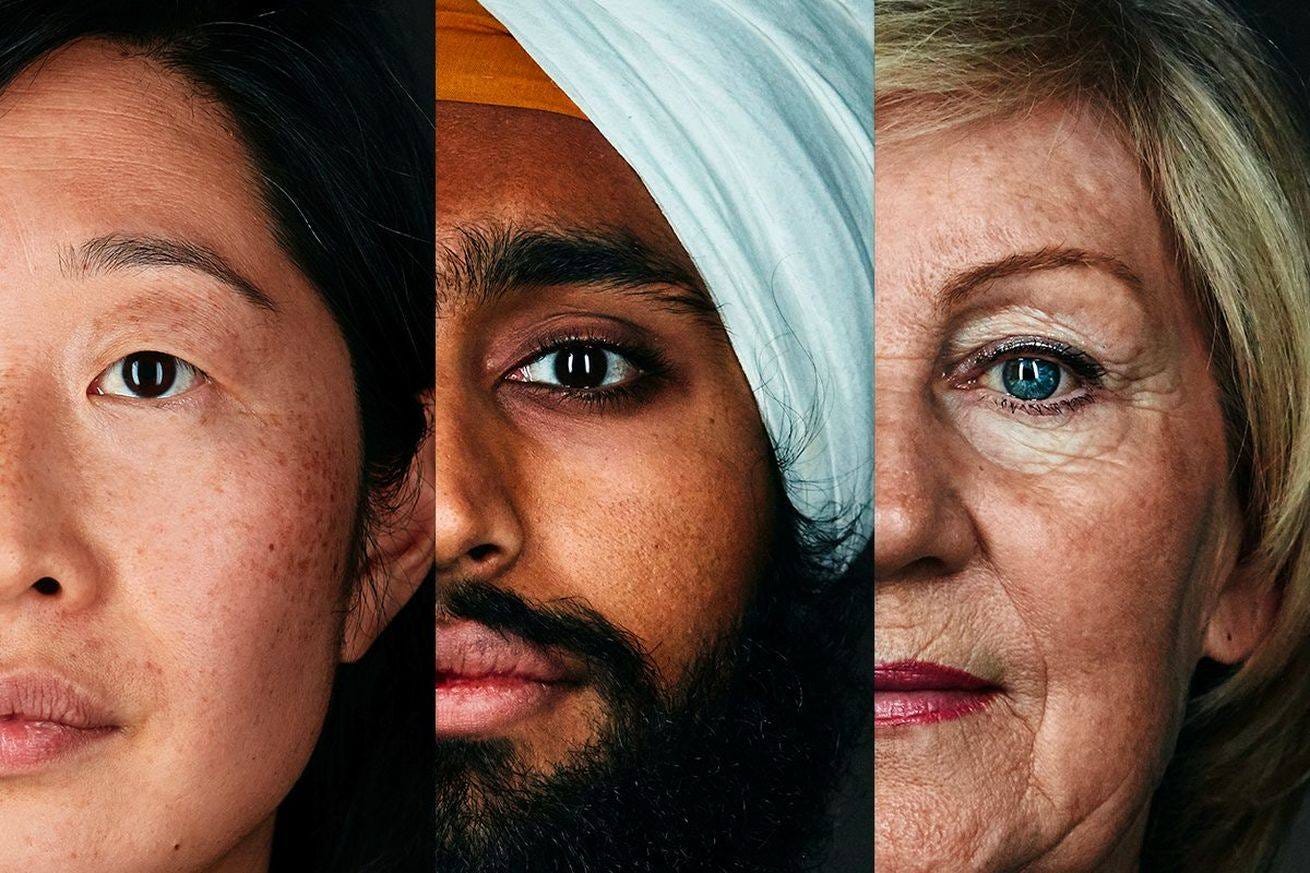
I am thoroughly enjoying your writing.
My religious affiliation is Unitarian Universalist which I think resonates with most of what you describe that is positive "in religion" in your recent article, yet you don't mention it. Is there a reason?
Also, with in my Unitarian Universalist religion I have my own "secular Buddhist" practice as probably best described by Stephen Batchelor. I find it too matches very closely to what you describe as positive "in religion". Thoughts?
If you have the time and choose to respond, I appreciate it.
Excellent overview. I have been in and out of various churches, never quite comfortable with what seemed to be a dark view of our existence. This is my credo from those experiences:
The human mind’s ability to create, from bits and pieces of incongruous truth, a belief system in grand, panoramic detail, knows no limits. Such elaborate belief constructs are often driven by nothing more than ego, a desire to control others, and deep-seated fear of the unknown. Be careful what belief system you adopt.